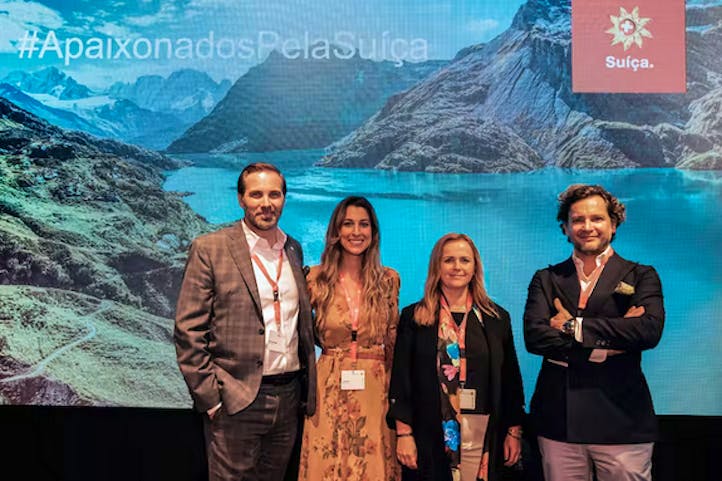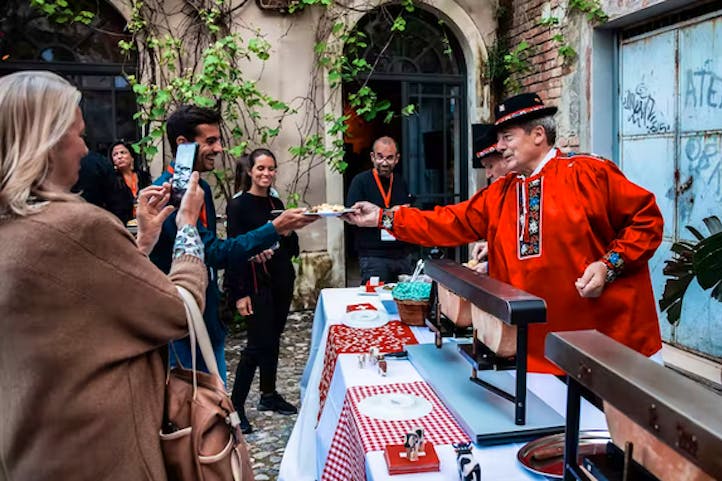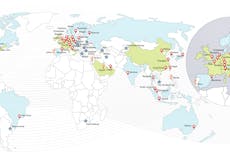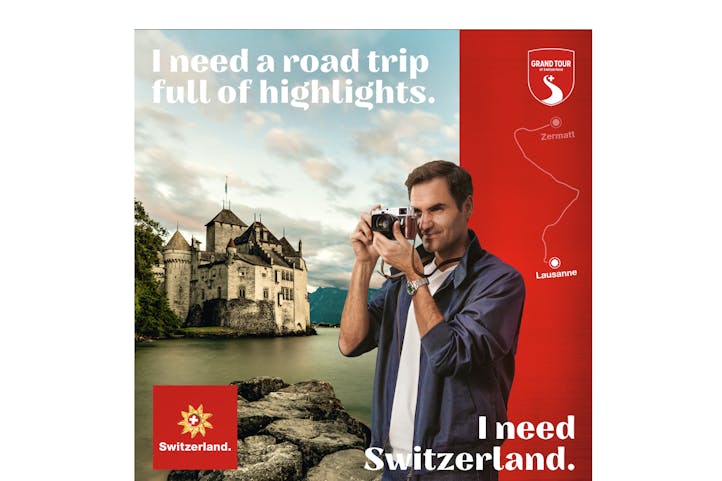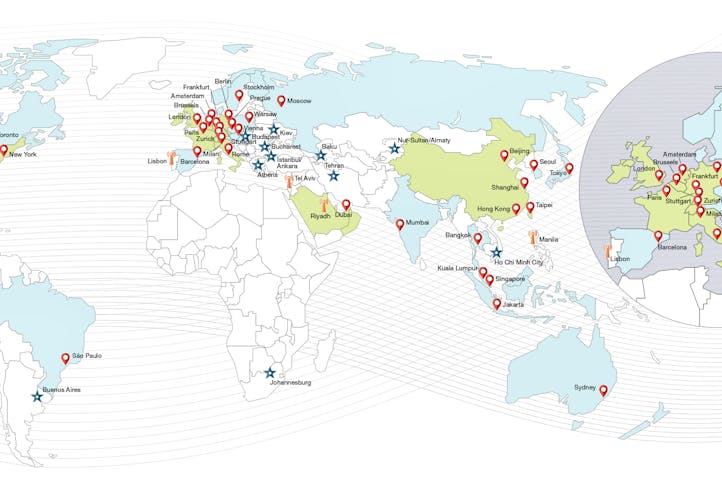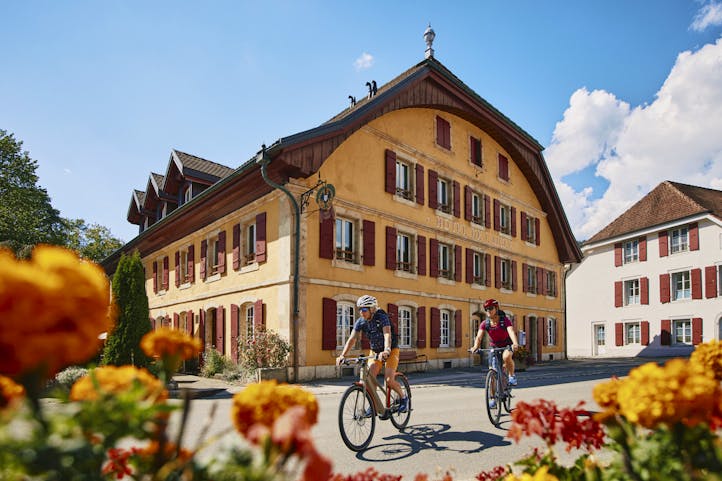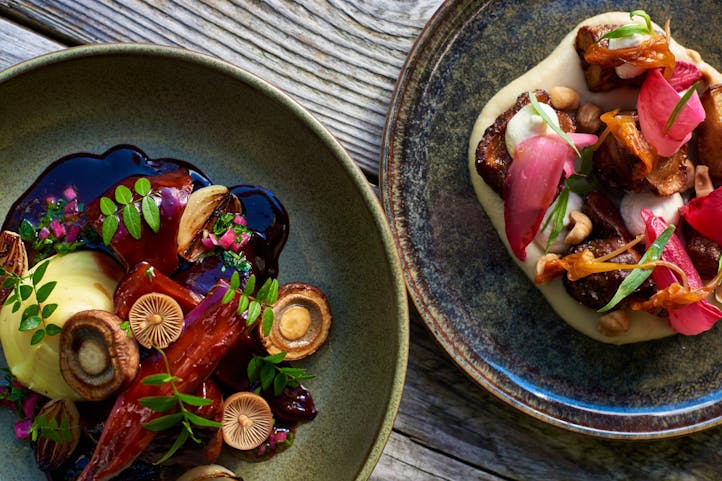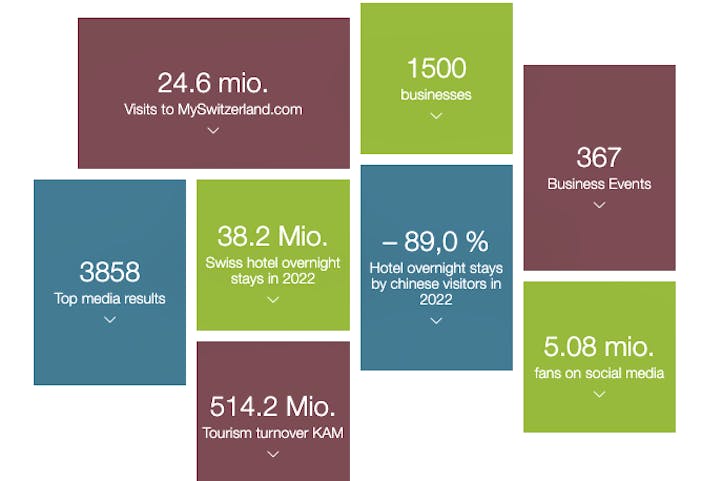Find out more about:
Currently, nearly 60% of the world’s population already lives in urban areas, and by 2050 this is expected to increase to 75% (source: World Bank). Because of their transport connections and the average high standard of living of their residents, many of these regions offer interesting potential for Swiss tourism. Market presence and direct contact with B2B and B2C customers will become increasingly important in a post-pandemic environment.
In 2021, the Board of Switzerland Tourism ST approved the establishment of so-called “antenna offices” in key urban areas. With this concept, ST is pursuing the goal of targeting customer groups that have been identified as particularly interesting for the development of tourism and testing their medium and long-term potential. For the time-being, each regional office has an operating period limited to two years. At the end of this two-year period, ST will assess whether or not the presence on site should be continued.
Criteria for setting up antenna offices
The decision to open a regional office is made after careful consideration of numerous criteria, including, among others, the annual development of hotel overnight stays, visa statistics, and macroeconomic data from Oxford Economics on major metropolitan regions worldwide. In addition, there is also a Swiss perspective on the potential and feasibility (market entry possibilities, substitutability of ST, necessary investments in setup and marketing, interest of tourism partners in Switzerland, etc.).
The activities of the antenna offices are focused on the B2B area, i.e. on the support of major customers (tour operators) and media relations. The primary objective is to build a solid network of local contacts (tourism stakeholders, tour operators, media). Unlike the activities in markets where ST has permanent offices, the antenna offices do not provide for specific partnerships with Swiss tourism operators. In 2022, ST’s first two antenna offices were opened, in Lisbon (Portugal) and Manila (Philippines).
Increased presence on the Iberian Peninsula
ST opened its first antenna office in Lisbon, Portugal, in spring 2022. Between 2009 and 2019, overnight hotel stays by Portuguese guests in Switzerland increased by almost 30% (approx. 135,000 overnight stays generated in 2019). Portuguese guests show a strong interest in staying in major Swiss cities (over 56% of overnight stays registered in 2019, especially in Geneva and Zurich). Together with the fact that this clientele tends to be young (48.5% of Portuguese guests in Switzerland are between 16 and 35 years old), these are clearly two assets for urban leisure tourism. Other factors such as the intense exchanges between the two countries – given the large Lusitanian community living in Switzerland – and the roughly 280 flight connections because of the hub to South America, as well as the recent steady increase in the number of trips abroad by the Portuguese population, have led ST to the decision to establish a presence in Lisbon. In 2022, overnight stays by Portuguese tourists in Switzerland increased by 68.4% compared with 2021 (or only 3.9% below 2019 levels).
Seizing opportunities in the Philippines
Between 2009 and 2019, overnight hotel stays in Switzerland by guests from the Philippines increased by nearly 210% (approx. 46,000 overnight stays in 2019). The capital Manila and the metropolitan area of Metro Manila currently have an estimated population of 13 to 15 million. It is the economic and financial centre of the Philippines, a country whose GDP is expected to grow by more than 6% by 2023 (source: Asian Development Bank).
In the autumn of 2022, the antenna office in Manila was opened, 30% of which is managed by Matthew Yabut, an employee of the Swiss embassy in the Philippine capital. This approach to the Philippine market gives ST a competitive advantage over its European competitors, none of which as a national organisation have a direct local presence. Demand for Europe is growing, and wealthy clients regard Switzerland as a prestigious travel destination. In 2022, overnight stays by Filipino visitors in Switzerland increased by 508.8% compared with 2021 (or 9.8% below 2019 levels).
Leslie Bent, ST head for the Portuguese market, and Matthew Yabut, ST head for the Philippine market, provide further insights in this interview.


Leslie Bent / Matthew Yabut
Market Manager Portugal / Market Manager Philippines
Leslie Bent and Matthew Yabut, now both antennas have been active for some months in Lisbon and Manila. What can you tell us about how interested Portuguese and Filipino tour operators are in Switzerland? Which tourist experiences appeal to them the most?
Leslie Bent: Switzerland is still not very well known to Portuguese guests and is often perceived exclusively as a winter destination. Tour operators were very quickly interested in working with Switzerland as an emerging destination, especially for excursions to discover the magic of the Alps in summer and winter, or for train trips.
What surprised me most was the reaction of the media. Media professionals immediately saw opportunities to report on an as yet unknown destination, with tourism experiences that resonate with current concerns: more sustainable travel by public transport, exploring unspoiled nature and great cultural diversity. Well-known Portuguese content creators put Switzerland at the top of their lists of destinations to explore and proactively contacted me in order to produce content.
Matthew Yabut: The majority of Filipinos want to experience things that are not necessarily possible in the Philippines. For example, everything that has to do with snow, and of course Switzerland has a lot to offer in that respect. I had the chance to see this for myself for the first time this winter. I see a lot of potential for Filipinos in winter activities such as hiking, with and without snowshoes, sledging, cross-country skiing or classic skiing and snowboarding.
I also see great potential in K-drama and K-pop. Filipinos follow what their idols do very closely. They want to travel to the same places and enjoy the same experiences as their idols.
Have the travel habits of either of these groups changed since the pandemic? And if so, how? Does this development offer opportunities for Switzerland?
Matthew Yabut: Many Filipinos have realised as a result of the pandemic how valuable it is to travel and gain new experiences. They are now much more willing to invest more in travelling. Switzerland is still a dream destination for most of us. Thanks to the newly opened antenna office in Manila, we can now market Switzerland as a holiday and travel destination in a much more targeted and strategic way. Filipinos already know that first-class cheese and chocolate is produced here. Our task is to showcase the many other facets of Switzerland. The themes of K-drama and K-pop provide an easy entry point for this, and I believe that we can use this to get on the “travel bucket list” of as many Filipinos as possible. Here the hope is that they too will fall in love with Switzerland, i.e. #inLovewithSwitzerland.
Leslie Bent: As in other parts of the world, the travel behaviour of the Portuguese changed after the pandemic in terms of booking behaviour. Bookings were increasingly made at short notice and rather spontaneously. The Portuguese showed remarkable enthusiasm to explore the world again after the pandemic. Their wanderlust is above the European average and also justifies higher spending, especially on short-haul trips.
This change in behaviour represents an opportunity for Switzerland, which, as a nearby destination to Portugal, facilitates spontaneous travel planning with numerous daily flights at affordable prices.


